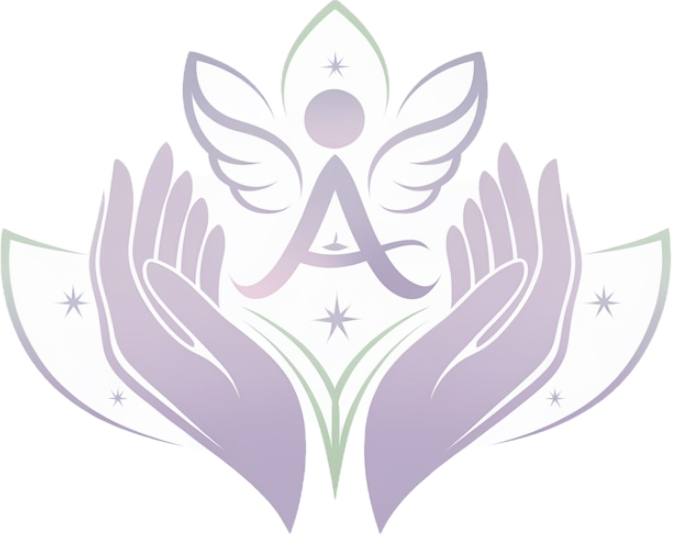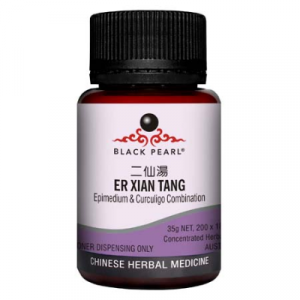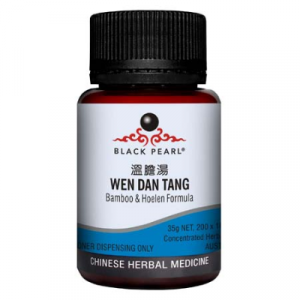Indication
Long Dan Xie Gan Tang was first recorded in the ‘Analytic Collection of Medical Formulas’ (yi fang ji jie) by Wang Ang, 1682. It has a broad range of applications that include many different types of infectious and inflammatory disorders. The common feature that underlies its many and varied indications is that the disorders tend to occur along the course of the Liver and Gallbladder Channels.
In addition, the psychological problems engendered by Liver Fire are typical of Liver disorders of the excess type, i.e. angry outbursts, irritability, short temper. Clinically the use of this formula falls into two broad categories, as described above. In the syndrome of Liver-Gallbladder Fire, excess Fire accumulates in the Liver and Gallbladder. The various causes of this condition include: Fire that develops from Liver constraint, exogenous pathogens that attack the Liver and transform into Fire, intense emotional strain, or excessive consumption of alcohol.
In this syndrome we see the emotional disturbance that is the hallmark of many Liver syndromes, together with signs of intense Heat in the upper body (particularly along the course of the Liver and Gallbladder Channels) and signs of Fire damaging the Body Fluids. The second major syndrome addressed by this formula is Damp-Heat in the lower Jiao. The triple Jiao may become involved by virtue of it’s relationship with the Gallbladder through the lesser Yang (shao yang) Channel. Thus a primary disorder in the Gallbladder (i.e. excess Heat or Fire) transmits to the Triple Jiao and impairs fluid metabolism, giving rise to internal Damp, which combines with the pre-existing Heat.
In keeping with the nature of Damp, this pathogenic complex sinks downwards and accumulates in the lower Jiao, manifesting the above noted features of Damp-Heat in the lower Jiao. In addition to these two basic syndromes, the formula is also used for disorders due to Damp-Heat in the Liver and Gallbladder, where Heat is the predominant pathogen. The pathogens affect both the middle Jiao (Stomach & Spleen), which is particularly susceptible to Damp, as well as the Liver and Gallbladder.
The signs and symptoms relate to the physical organs (right hypochondrium), the Spleen and Stomach (digestive disturbance) as well as the course of the Liver channel (chest, eyes and external genitalia). This syndrome is seen in acute icteric hepatitis, cholecystitis and herpes zoster.
The synergistic actions of the herbs are as follows:
Gentiana root (long dan cao), Scutellaria root (huang qin), Gardenia fruit (shan zhi zi): purge Fire from the Liver and Gallbladder and also clear Damp-Heat from the lower Jiao.
Clematis stem (mu tong), Plantago seed (che qian zi), Alisma rhizome (ze xie): clear Damp-Heat from the lower Jiao and also direct Fire downward and out through the urine.
Angelica root (dang-gui), Rehmannia root (sheng di huang): nourish the Yin and the Blood in order to protect them from the effects of the both the pathogens as well as the drying nature of the other herbs in the formula.
Bupleurum root (chai hu): serves two functions: one is to disperse stagnant Liver Qi and thus clear Heat that may arise as a result. In addition, it acts as an envoy to guide the actions of the other herbs to the Liver and Gallbladder.
Glycyrrhiza root (gan cao): protects the health Qi from the dispersing effects of the herbs in the formula by tonifying and harmonising the Spleen and Stomach, as well as nourishing the Liver Yin.
ChinaMed approximate equivalent Anti-Inflamm formula (CM119).
Indications:
Acute inflammatory lesions (e.g. conjunctivitis, otitis media, nasal furuncle, furuncle in the external auditory canal, acute hepatitis, acute cholecystitis, herpes zoster, herpes simplex, vaginitis, vulvitis, leukorrhea, orchitis, urinary tract infection, pelvic inflammatory disease)
Hypertension
Migraine headaches
Intercostal neuralgia
Meniere’s disease
Signs & Symptoms:
1. LIVER AND GALLBLADDER EXCESS FIRE
Headache
Facial flushing
Bitter taste in the mouth
Conjunctival congestion
Hypochondrial and/or chest pain
Ears swollen and painful
Vomiting
Hard, dry stools
Red tongue with a yellow coat
Wiry, rapid and forceful pulse
2. DAMP-HEAT IN THE LOWER JIAO
Dysuria
Urine is dark or cloudy
Inflammation and itching of the external genitalia(e.g. pruritis vulvae, pruritis ani, scrotal pruritis)
Vaginal discharge (yellow and malodorous)
Fever
Red tongue with a yellow greasy coat
Rapid pulse that is also wiry or slippery
Combinations:
Acne, mild to moderate:
QING RE AN CHUANG WAN
Acne, moderate to severe:
WU WEI XIAO DU YIN
Acne, recalcitrant, long term:
SI MIAO YONG AN WAN (Jia Wei)
YIN CHEN HAO WAN (Jia Wei)
Eczema:
XIAO FENG SAN
SI MIAO YONG AN WAN (Jia Wei)
Eczema, Scrotal:
ANTI-INFLAMM. Formula
Hepatitis, acute:
XIAO CHAI HU WAN
YIN CHEN HAO WAN (Jia Wei)
Leukorrhea (Damp Heat):
WU WEI XIAO DU YIN
SI MIAO YONG AN WAN (Jia Wei)
Perianal furuncle:
SI MIAO YONG AN WAN (Jia Wei)
ANTI-INFLAMM. Formula
SKIN DETOX Formula
Psoriasis:
XIAO FENG SAN
XUE FU ZHU YU TANG
HUO LUO XIAO LING DAN
SI MIAO YONG AN WAN (Jia Wei)
TAO HONG SI WU WAN
PSORA-CLEAR Formula
BLOOD MOVING Formula
Urinary tract infection, acute:
SI MIAO YONG AN WAN (Jia Wei)
URO-CLEAR Formula
TCM Syndromes: Liver and Gallbladder Fire, Damp-Heat in the Triple Jiao (mainly the lower Jiao).
TCM Actions: Drains excess Fire from the Liver and the Gallbladder, clears Damp-Heat from the Triple Jiao.









Reviews
There are no reviews yet.